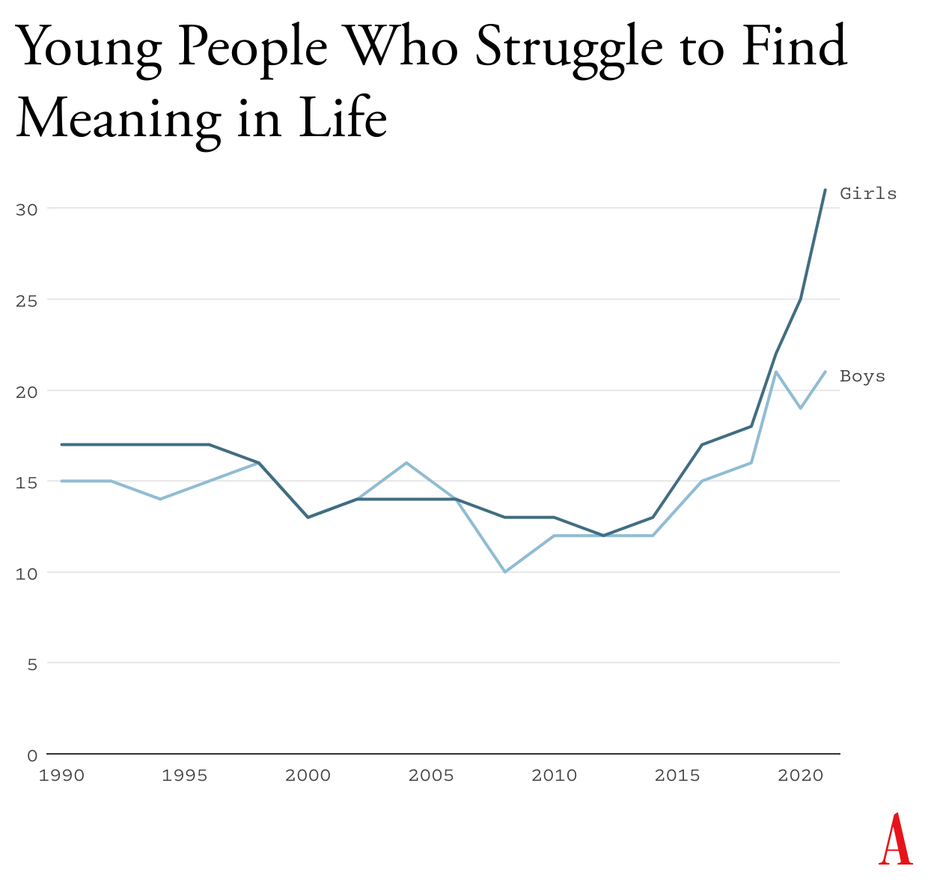I consider the peak of human civilization to be late 90s early 2000s.
No era is perfect and it had its problems, but the good far outweighed the bad.
I heard something recently that made me think though -- Someone said the 70s were the hangover for the 60s that laid the groundwork for the 80s. This framework seems like it could work somewhat -- The 1930s were the hangover for the 1940s, which laid the groundwork for the 1950s. The timing doesn't work perfectly but then we're living in a dynamic system so people are reacting to stuff. The 2010s and 2020s being the hangover for the 1990s and 2000s, leading potentially to a banger in the 2030s? Hard to say, we'll have to see. No matter what though, this moment will pass, as will the next. We live in a dynamic system and the only thing that won't change is things will change.
No era is perfect and it had its problems, but the good far outweighed the bad.
I heard something recently that made me think though -- Someone said the 70s were the hangover for the 60s that laid the groundwork for the 80s. This framework seems like it could work somewhat -- The 1930s were the hangover for the 1940s, which laid the groundwork for the 1950s. The timing doesn't work perfectly but then we're living in a dynamic system so people are reacting to stuff. The 2010s and 2020s being the hangover for the 1990s and 2000s, leading potentially to a banger in the 2030s? Hard to say, we'll have to see. No matter what though, this moment will pass, as will the next. We live in a dynamic system and the only thing that won't change is things will change.
- replies
- 1
- announces
- 0
- likes
- 2
Just because this stuff is harmful to kids, doesn’t mean it isn’t harmful to adults..
A long-running survey of American teens found that, from 1990 to 2010, high-school seniors became slightly less likely to agree with statements such as “Life often feels meaningless.” But as soon as they adopted a phone-based life and many began to live in the whirlpool of social media, where no stability can be found, every measure of despair increased. From 2010 to 2019, the number who agreed that their lives felt “meaningless” increased by about 70 percent, to more than one in five.
